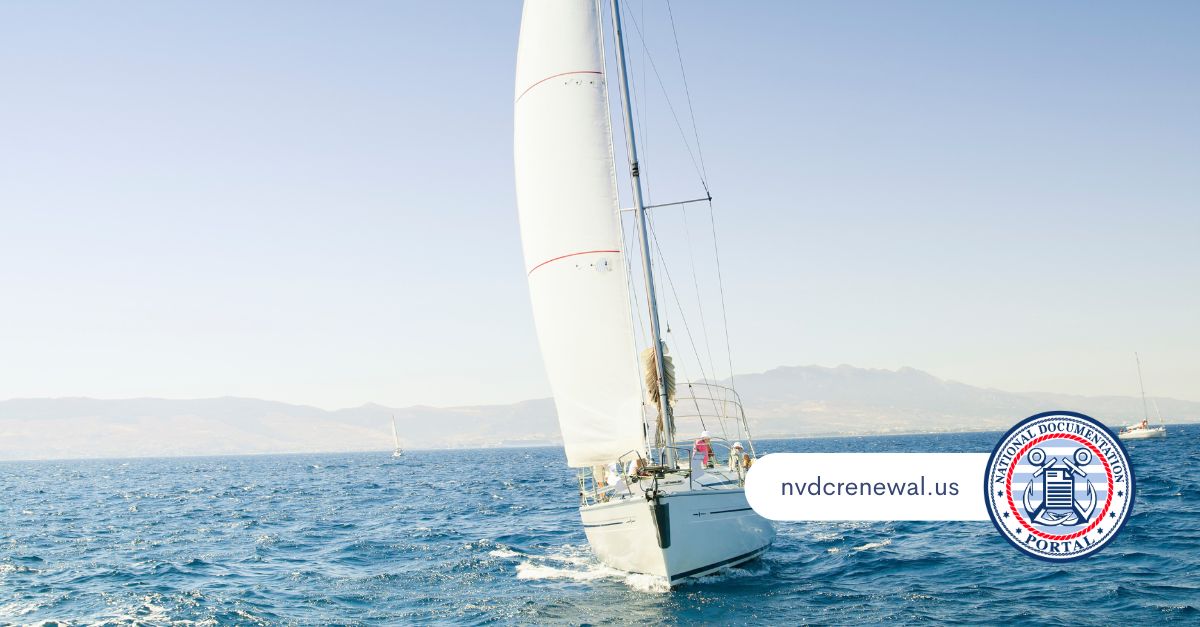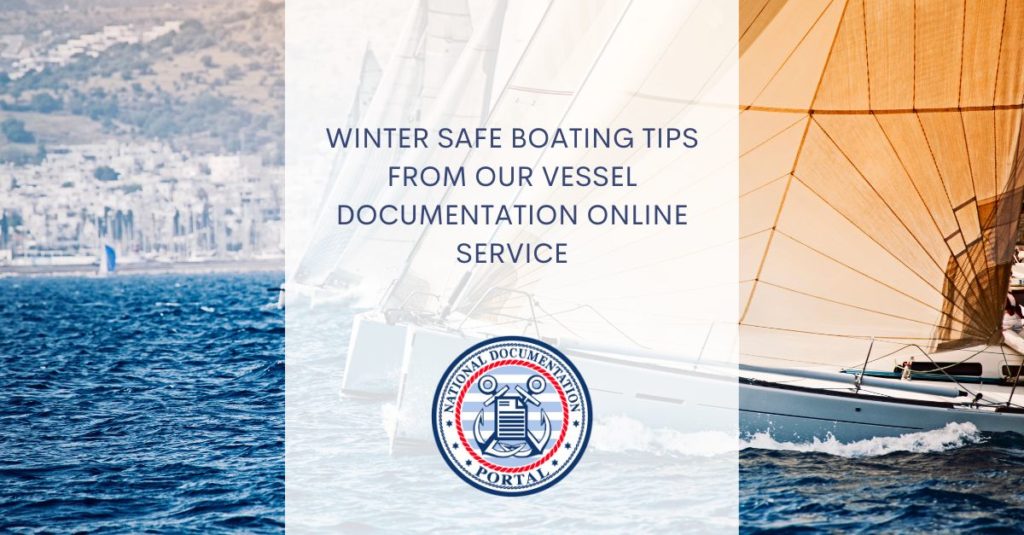Even as the nights lengthen and the temperatures drop, do you want to be out on your boat with friends and family? Do you spend much time looking forward to going on the water during the holidays? While the excitement is palpable, it is crucial to exercise caution, especially if your boat has been dormant for an extended period. Here at our vessel documentation online service, we offer indispensable boat safety tips tailored for the winter season, but these guidelines transcend seasons, ensuring year-round safety.
Life Jackets: More Than a Nautical Accessory
Possessing life jackets on your boat is a cardinal rule, but the key lies in having the right ones. It’s not merely about having a life jacket for each individual; it’s about having a life jacket that fits each person properly.
This often overlooked detail is crucial, even for seasoned boat owners. Consider the layers your passengers might be donning – from tank tops to multiple layers including sweaters. Your life jackets must accommodate these variations, ensuring a snug fit regardless of the attire. It’s a small detail that can make a significant difference in emergencies.
Comprehensive Safety Check: A Pre-Journey Ritual
A safety check before embarking on your vessel is standard practice. Beyond the routine examination of lights, flares, first aid kits, fuel lines, tanks, gauges, and the engine, an extended hiatus necessitates extra diligence.
Ensure that every component is not just functional but in optimal condition. As the temperatures lower, your fuel lines can freeze and other seasonal concerns. Taking the time for a thorough inspection can prevent unwelcome surprises on the open water, ensuring your vessel is truly shipshape.
Check the Weather Carefully
Before heading out, consulting the weather forecast is imperative, especially during the unpredictable winter. This season is notorious for its ability to shift from serene to stormy in the blink of an eye. Be prepared for anything.
To that end, be sure to dress properly. Remember: you’re dressing for the water, not the temperature. Dress a bit more warmly than you might need. Then, if you feel overly hot, you can take off some layers during your journey (and put them back on just as quickly).
A Boat Plan (and Other Means of Communication)
You know to give an itinerary of your trip to someone on land before you depart. That way, they’ll know to reach the authorities should you not return when you should. Additionally, make sure that you can communicate with land, too. Phone batteries can drain faster in the cold. Have backups as well as a radio and other means to communicate with shore.
Vessel Documentation Online Throughout the Year
Have you completed all your Coast Guard documentation for the year? If not, fret not – there’s still time. We are ready to assist with any documentation needs. Visit our website, and if you have queries, reach out to us; we’re here to ensure that you’re in compliance with the powers that be before you leave port.


